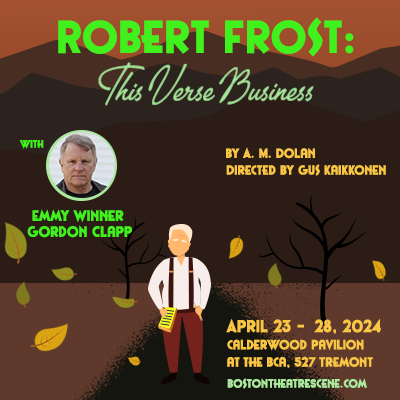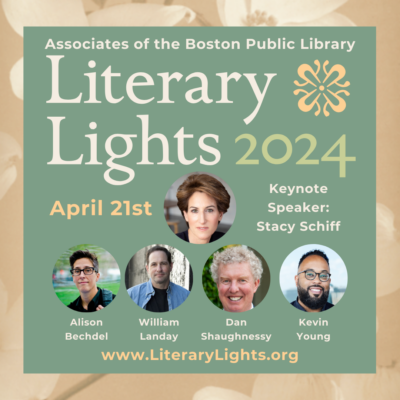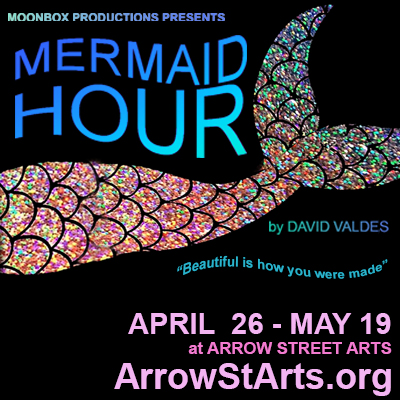Teen Class Description:
We often think of mystery as a long-form genre, from the novels of Agatha Christie to film noir. However, mystery has its roots in shorter fiction; some argue that Poe's "The Murders in the Rue Morgue" represents the first mystery. And mystery enjoyed a strong presence and in the "pulps" and magazines of the early Twentieth Century. The early mystery writers knew how to pack intrigue, speculation, drama, and resolution…all into a compact form! In this course, we will ... view more »
Teen Class Description:
We often think of mystery as a long-form genre, from the novels of Agatha Christie to film noir. However, mystery has its roots in shorter fiction; some argue that Poe’s “The Murders in the Rue Morgue” represents the first mystery. And mystery enjoyed a strong presence and in the “pulps” and magazines of the early Twentieth Century. The early mystery writers knew how to pack intrigue, speculation, drama, and resolution…all into a compact form! In this course, we will endeavor to do the same. This class will explore how elements of mystery can be used in shorter works, whether short fiction, poetry—or even nonfiction and memoir! We’ll briefly explore the work of Megan Abbott, Kelly Link, Walter Mosely, and Deepa Anaparra. For writers age 13 – 18 ONLY.
Class takeaways:
By the end of the class, you will have produced some writing in your form of choice…using the strategies of cognition and characterization that define the short mystery.
View less










